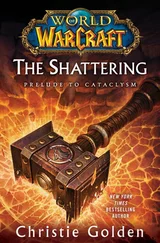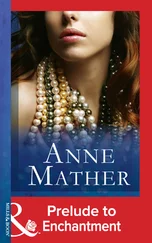After these exhibitions, there were always things to do. One spieler invited him to ‘smash up the happy home’. At the end of a brightly-lit blind-alley stood a representation of a peaceful kitchen — a table set with plates, cups, and dishes; and a dresser full of plates and cups and saucers. You bought the right to smash everything — seven balls cost a shilling. You took careful aim and threw. A teacup flew to fragments; a dinner plate dropped to shards. Crash! — and a soup plate tinkled down. Respectable husbands of wives and fathers of families slapped down their shillings and hurled their wooden balls at ‘The Happy Home’.
And the Shooting Galleries, too, had clay figures of men and animals which, when hit with a little lead bullet, burst asunder like Judas Iscariot. Or there was a tired-looking little old man in a high silk hat. You could see him in his entirety, but he was protected up to the crown of his head by a wire fence. Only the hat was vulnerable and you knocked that off — with wooden balls again. The nieces shrieked with glee and congratulated their uncle on his skill.
There was a softer side to this idealist; he loved to amuse the children.
Above everything — the crack of little rifles, the spank of wooden balls against skittles, the smash of broken crockery, and the twang of the wire fence that guarded the man in the silk hat — there was the gay scream of the calliope and the shrieks of the young ladies coming out of the ‘Haunted House’. Here, passing down dark passages made comically horrible by dancing skeletons and uncertain floors, you arrived at a chute. It let you down with a rush. Scores of young men jostled one another at the bottom of the chute. As the girls slid down, kicking and shrieking, the watchful spectators could rely upon a glimpse of underwear, and sometimes that which it was supposed to conceal.
Having taken his nieces home, he generally went back to the fun fair alone.
46
Asta, as I write, is being talked into militancy on the side of August Lang Fowler, who claims to have recorded the thin, high, agonized cry of cut flowers.
Only Catchy goes regularly to the Bar Bacchus nowadays — and about her there clings, always, an atmosphere of guilt, of maudlin grief, stale liquor, and decay that makes you long for a good high wind to blow her and her kind from the face of the earth, the fly-blown face of the exhausted earth.
THE END








![Айзек Азимов - Прелюдия к Основанию [= Прелюдия к Академии // Prelude to Foundation]](/books/435122/ajzek-azimov-prelyudiya-k-osnovaniyu-prelyudiya-k-ak-thumb.webp)



